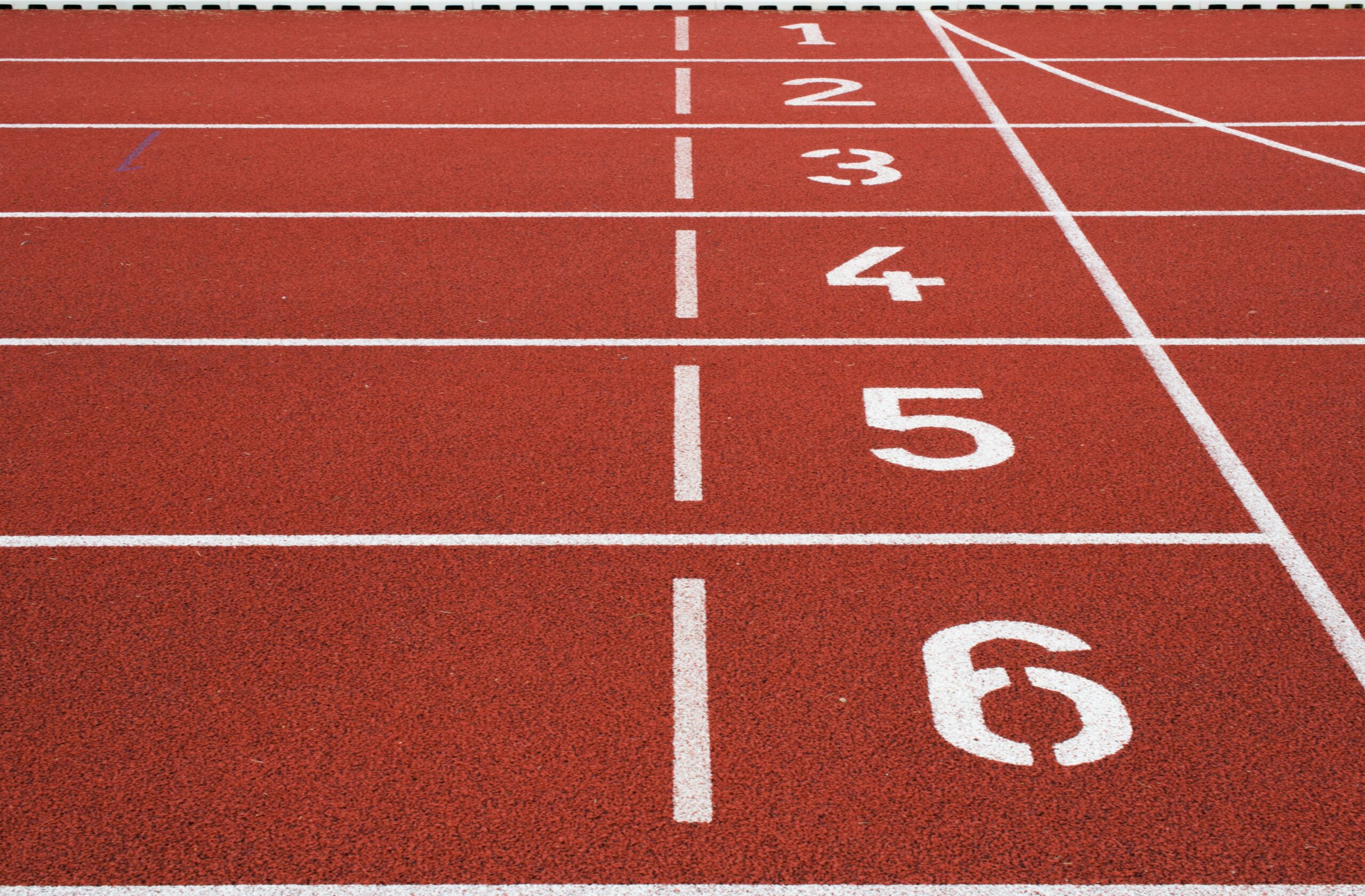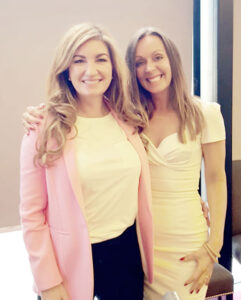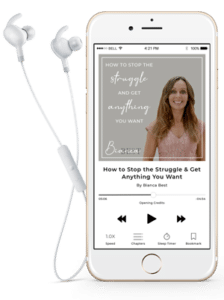
In the 2 weeks before Roger Bannister made history cracking the 4 minute mile he was on holiday. He wasn’t pounding the track daily, focusing body and mind religiously on the May 6th 1954 race day goal. Nope, he was on holiday. Hiking in Scotland with some non-runner pals strictly briefed not to mention the sub-4 minute target.
Was he slacking? Lazily meandering off his life’s raison d’etre? Absolutely not. Well aware of the positive impact of rest he decided to grant himself a full 2 weeks away. Deliberate and tightly scheduled as part of his success plan.
He decided in advance to courageously strategise rest before reward. And well strategised indeed as in 3 minutes, 59 and 4/10 of a second Roger Bannister did magnificently break one of the greatest barriers in human history.
His decision is one reflective of most athletes who’ve learned to perceive rest as integral to the training plan. The best athletes in the world, in fact, all prioritise sleep just as much as they prioritise their hardest training sessions and their most important competitions. They’ve decided rest matters as much as the physical exertion.
Now, let’s flip this into our modern corporate working worlds. We aren’t as intuitive as professional athletes to know when rest periods need to be prioritised. In fact, burnout statistics indicate we’re increasingly passive at structuring our lives around optimal work and rest. Apparently 88% of UK workers have experienced burnout since 2020 and Glassdoor’s economic research team have established that the UK’s burnout cases more than doubled from 2021 to 2022.
Bizarrely, this research also shows we’re not using our allocated holiday. Despite three-quarters of UK workers believing annual leave is an effective way to reduce burnout, last year only 3 in 5 employees used all their holiday entitlement, and 1 in 5 workers aged under 25 took no holiday at all.
Befuddling stats and stark evidence of sloppy decision making. Of low self-awareness. Of misguided self-direction. Of passivity?

Holiday before burnout strikes
It’s common sense that to be productive we need to blend healthy, stimulating stress with rejuvenation periods, to maintain human energy through good nutrition, quality sleep and regular exercise, as well as proactively establishing boundaries with professional and personal duties.
This all comes back to the decisions we make.
We make on average 35,000 decisions per day and 90% of those decisions are the same as the day before. “Shall I have sugar in my tea this morning?”, “Shall I take the lift or stairs?”, “Do I need to wash my hair this morning?”. As we progress through our days, we enter into decision fatigue where willpower and energy are depleted and we find it harder to make good, positive decisions. Layer in the larger, more impactful decisions such as “Should I pivot the business?”, “Should I get divorced?”, “Should I buy that house?” and there’s a lot of energy expended just deciding, never mind creating and delivering great work, great parenting, etc.
Studies of judges have identified that in 65% of cases assessed in the morning parole is granted, shockingly dropping to zero percent by the end of the day. The judges become mentally exhausted so decisions become harder to make positively. This is decision fatigue.
Think of your own resolve upon waking not to have that glass of wine/bowl of pasta/Netflix binge today and how by 8pm you unconsciously slide into doing exactly that, precisely what you had mentally pledged not to do in the morning. The tank is empty and so we take the easy option.
Our brains use up 20% of the body’s energy each day and with 100 billion neurons firing backwards and forwards it’s inevitable that the mere act of thinking can increase exhaustion. (Side note, neuroscience has identified that the higher your IQ, the more energy you expend solving challenging problems, so apparently you actually think harder the cleverer you are. How do you fare??)
Of course, many thoughts can be energising and to maximise our human energy it’s about clearing the clutter to make room for the productive, positive, energising thoughts. Hence, the magic of minimising decision making to maximise you.
Just decide.

Look at the number of repetitive decisions you make in a day and eliminate them. Think Steve jobs in his black polo shirt, Mark Zuckerberg in his jeans and t-shirt, Barack Obama in his identical shirt-suit-tie combo, why even Albert Einstein wore the same grey suit daily. What can you decide today that will make tomorrow easier?
Baroness Karren Brady OBE told me she only eats the same chicken salad sandwich for lunch every day. She doesn’t want to waste decision making brain power on food choices when there are bigger business decisions to be made.
Annie Grace in This Naked Mind: Control Alcohol, Find Freedom, Discover Happiness & Change your Life, advises that it’s more exhausting to decide to just have one or two alcoholic drinks than to give up entirely. You waste brain power agonising at the bar over ‘Hmm just one more?’, ‘Maybe tonight I’ll cab home’, and so on. It’s so much simpler to resolutely commit to abstinence.
So, again, reflect deeply on what you can decide today that will make tomorrow easier. List out the repetitive micro decisions you make every day. Analyse and organise them into what is solvable in advance and decide consciously what your choice is. Once you’ve made your choice, lock in that decision as a solid commitment and own it. Then be consistent in honouring that decision as the days, weeks and months evolve. If it’s a wardrobe hack a la Jobs, reorganise your wardrobe to support the decision. If it’s a give up ‘caffeine/alcohol/sugar/etc’ choice, remove the alluring items from home to support the decision. If it’s walking instead of taking the bus, throw away your bus pass. Just make the decisions and move mountains to support commitment to them.
Here are 4 simple steps to Commit to your Decisions:-
- Physically write down each decision in a journal
- Elaborate on the specifics of why, what and how
- Scenario-plan for moments of weakness and build strategies for how you will stick to your decision
- Prioritise and organise your life to honour each decision
When you respect and understand the power of your decisions, big or small, and that with every decision made you alter your destiny in some way, it’s certainly motivating to shift into conscious decision-making. You hold the power to decide one way or the other.

Howard Thurman gets excited about the power of our big, life-changing decisions: “It’s a wondrous thing, that a decision to act releases energy in the personality. In the wake of the decision energy is released. The act of decision sweeps all before it, and the life of the individual maybe changed forever.” Touché!
Think of a friend empowered by her fresh commitment to finding a new job, or the one invigorated by their commitment to workout daily, or the one boldly committed to learning a new skill. Once a decision is made consciously and commitment honoured the psyche literally buzzes, aglow with newfound empowerment.
If Roger Bannister had the foresight to choose rest before the race he’s neat evidence of how a man who decides well succeeds. And now you, what do you decide?









